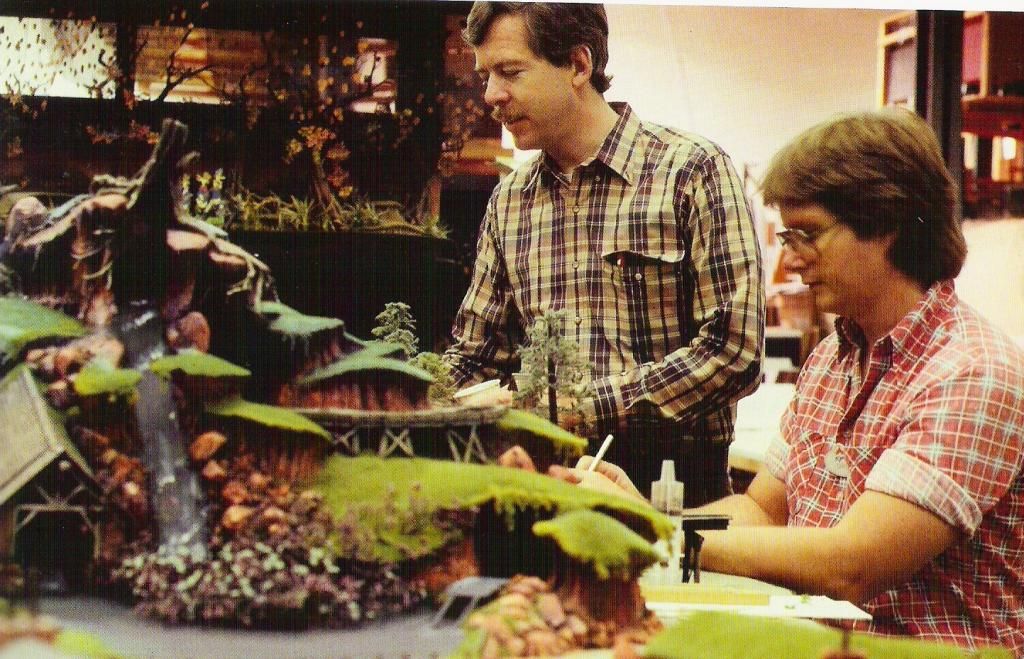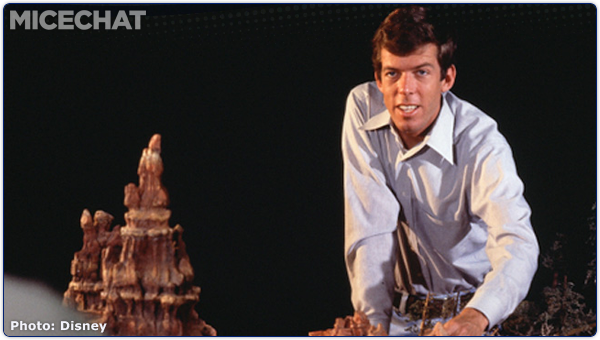NextGen includes many "low risk" improvements to Disney's infrastructure. Network & software upgrades, touch-to-pay, new gates, resort doors, etc. All these things represent real capital improvements. There won't be any need for Disney to declare an impairement. Instead, the question is if NextGen will be the revenue multiplier Disney executives dream it to be.
For a project of NextGen’s magnitude, there should be layers of financial justification. “Guests” could consider NextGen to be a dud while, internally, NextGen still could be a modest financial success. Disney’s risk lies in internal expectations. If there was a “NextGen will save opex with some revenue growth” attitude, then it probably will be a viewed as a success. If internal expectations were “NextGen is going to be a financial juggernaut!”, then it’s off to a rocky start.
A project like NextGen tends to produce groupthink, with everyone involved not only believing “this can’t lose” but also “this is going to be our greatest success ever!” They have emotional and often financial stakes in its success. This clouds judgment. “This is going to succeed because we want it to succeed” rather than “This is going to succeed because it’s a strong plan.”
The Emperor’s New Clothes is not just a child’s fairytale. Business leaders often live the same fairytale and, regrettably, receive millions as long as they maintain the fairytale.


